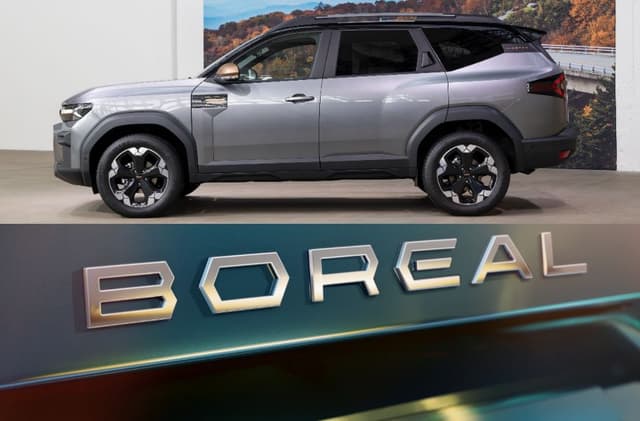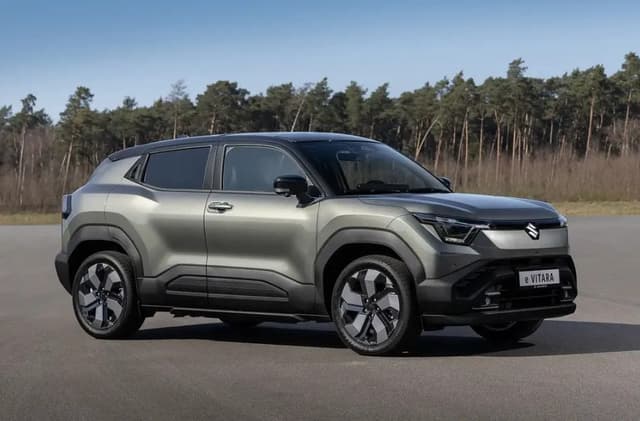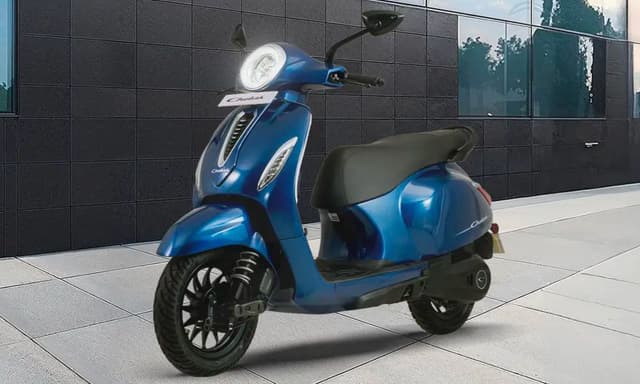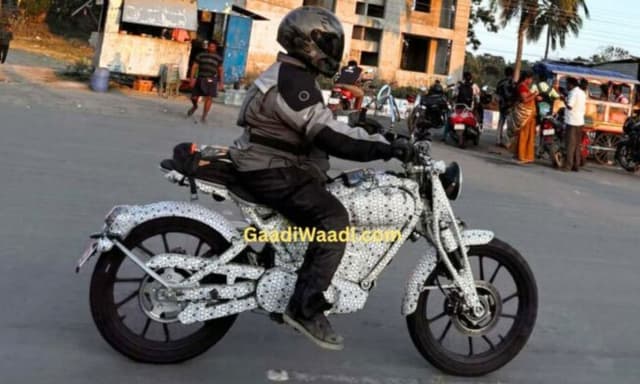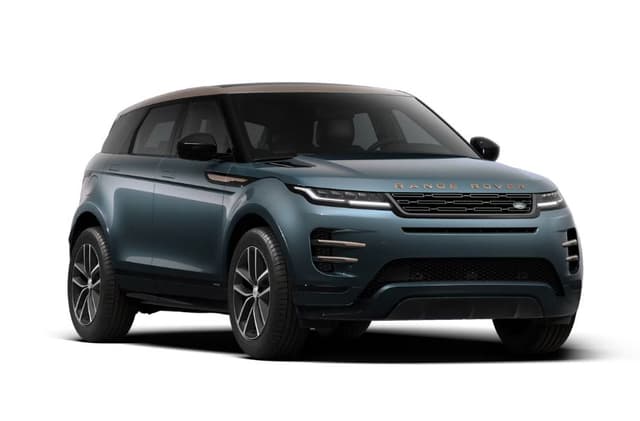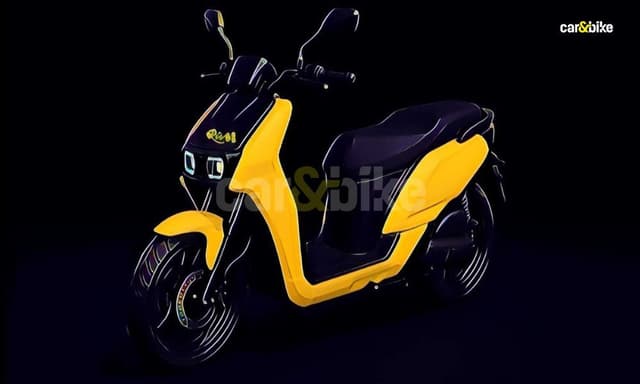ASA, UK Bans Hyundai & Toyota’s Ad Campaigns

Highlights
- Toyota and Hyundai were banned for making misleading claims about the fast charging times and availability of rapid-charging points
- Toyota's campaign for its bZ4X model claimed that the vehicle could be charged to 80% in about 30 minutes using a 150kW fast-charging system
- Hyundai's campaign for the Ioniq 5 model stated that it could be charged from 10% to 80% in 18 minutes using a 350kW charger.
The Advertising Standards Authority (ASA) in the UK has prohibited marketing campaigns by Toyota and Hyundai, citing misleading statements regarding the speed of EV charging and the accessibility of rapid-charging points across the UK and Ireland.

Toyota promoted its bZ4X model with a campaign on its website, claiming the vehicle could reach an 80% charge in around 30 minutes using a 150kW fast-charging system. Moreover, Toyota asserted that rapid-charging points were easily found in various public locations, especially in areas of high demand, such as major travel points on motorways and arterial roads.
Also Read: Stellantis Australia Recalls Grand Cherokee for Rear Coil Spring Issue
Similarly, Hyundai ran a campaign featuring its Ioniq 5 electric car, on its website website, a digital billboard in London's Piccadilly Square, and a YouTube film with footballers from Chelsea, the Premier League club they sponsor. The campaign claimed the vehicle could charge from 10% to 80% in just 18 minutes using a 350kW charger.

Complaints were lodged with the ASA challenging the achievability of the advertised charging times, as both companies admitted they were achieved under ideal factory conditions. Concerns were also raised about the accuracy of the claims regarding the availability of rapid-charging points throughout the UK.
Also Read: Upcoming Porsche Macan EV Teased
Toyota argued that at the time of the campaign, Zap-Map, a service displaying charging point locations, did not provide precise information about the locations of rapid 150kW chargers. It did, however, show a total of 419 charging points at 134 locations across the UK and Scotland had only seven rapid-charging points, Wales had two, and Northern Ireland had none.
The myHyundai website indicated the existence of 37 ultra-fast 350kW charging locations in Great Britain, six in the Republic of Ireland, and limited numbers in Wales and Scotland, with none available in Northern Ireland.
The car manufacturers contended that their claims were not misleading since rapid-charging points were unlikely to be necessary for shorter journeys, as slower charge points were more widely available. They also highlighted the option of home charging.

However, the ASA determined that both companies conveyed the impression that accessing rapid-charging points across the UK was relatively straightforward. The ASA further highlighted that real-world charging times could be significantly affected by various factors, including battery age, condition, ambient temperature, and battery temperature, all of which were controlled by the manufacturers during the tests conducted to support the claims.
Also Read: Bugatti Expands Headquarters For Future Hypercar Development
The car manufacturers argued that promoting EV potential charge times was crucial to address consumer concerns such as range anxiety and a lack of awareness about charging infrastructure rollout.
The ASA ruled that the ads were misleading and lacked substantiation, leading to the ban on claims made in electric car advertising. It instructed Toyota and Hyundai not to mislead consumers about battery charging times in future campaigns.
Written by:- Ronit Agarwal
Last Updated on July 2, 2023
Related Articles
Latest News
- Home
- News
- cover-story
- ASA, UK Bans Hyundai & Toyota’s Ad Campaigns








